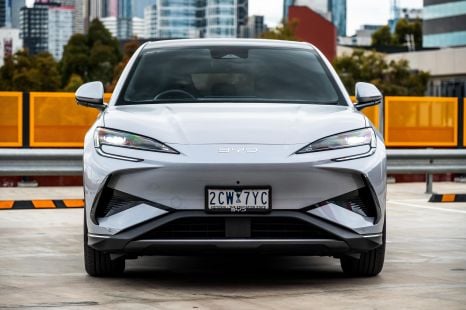

James Wong
2026 BYD Sealion 7 review
3 Hours Ago
US startup gearing up to deliver solid-state batteries to Ford and BMW for 'qualification testing' by the end of 2022.

Contributor
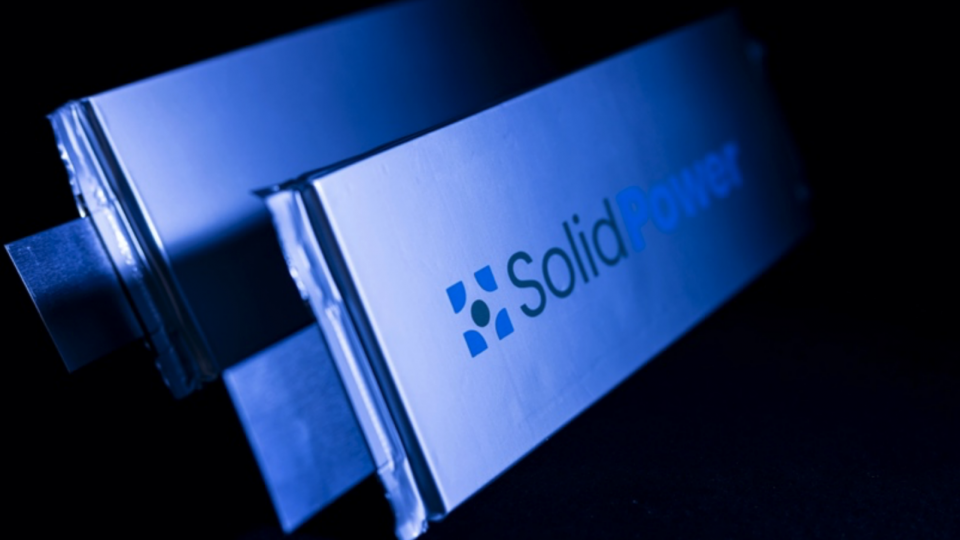

Contributor
Electric vehicle (EV) battery start-up Solid Power has completed the installation of its pilot production line for solid-state battery cells.
Solid state battery technology is being widely worked on and is seen as a potential game-changer because, compared to popular lithium-ion or lithium iron phosphate chemistries, can theoretically offer greater range, less mass, and faster charging.
Dubbed the ‘EV cell pilot line‘, this production setup is designed to produce sulphide-based solid-state battery cells at an “EV-scale” – meaning, high scale.
The US-based start-up already has existing partnerships with BMW and Ford, and was initially funded by Hyundai, among other investors. It was founded in 2011.
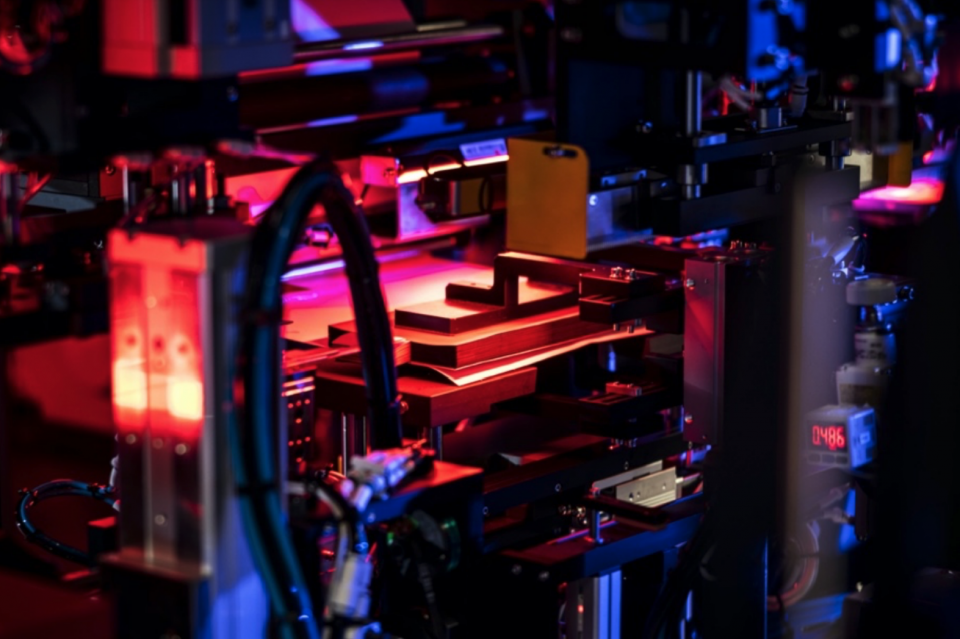
Solid Power intends to produce its solid-state battery cells for internal testing first before branching out and delivering the cells to BMW and Ford for “qualification testing” by the end of 2022.
This pilot solid-state battery production line has been purposed-built to mimic established lithium-ion manufacturing, to “reduce commercial risk”.
When running at full capacity, the pilot production line is expected to be capable of producing 300 cells per week, or approximately 15,000 cells per year.
Solid Power says its ‘Silicon EV Cells’ are designed for “longer-range, lower-cost and safer electric vehicles”.
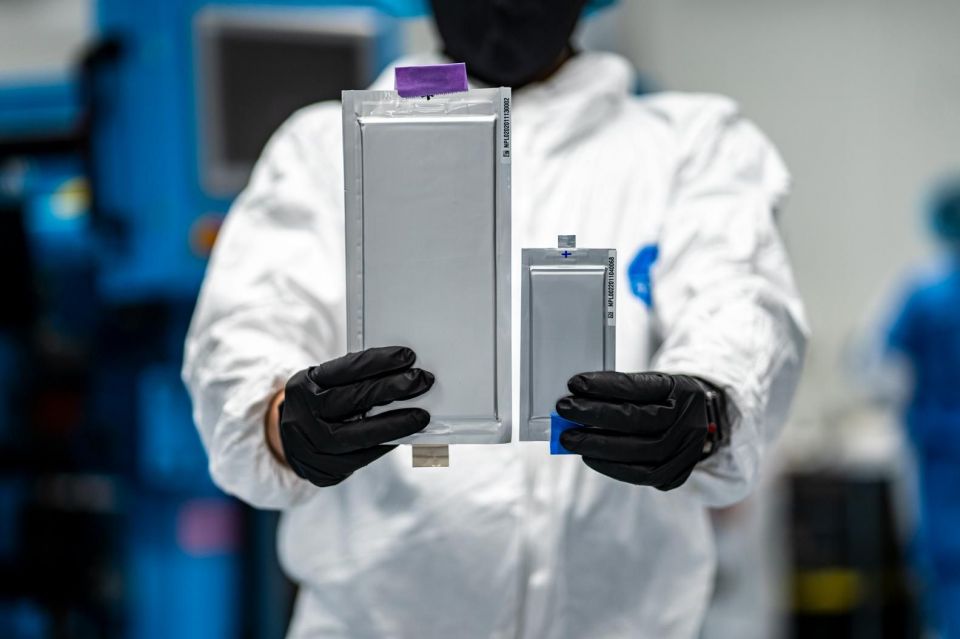
The initial design includes 40 double-sided cathodes and 41 anodes. There’s also over 50 per active silicon in the anode which is said to increase energy density.
The EV battery start-up indicates its Silicon EV Cells have a target gravimetric energy density of 390Wh/kg. For context, the current Chinese-built Tesla Model 3 with the lithium iron phosphate (LFP) battery has a gravimetric energy density of 125Wh/kg.
The Solid Power Silicon EV Cells also have a claimed minimum charge time of 15 minutes and can be recharged more than 1000 times before degradation.
Solid Power expects to be able to optimise its Silicon EV Cells for capacities ranging from 60 to 100 Ah.
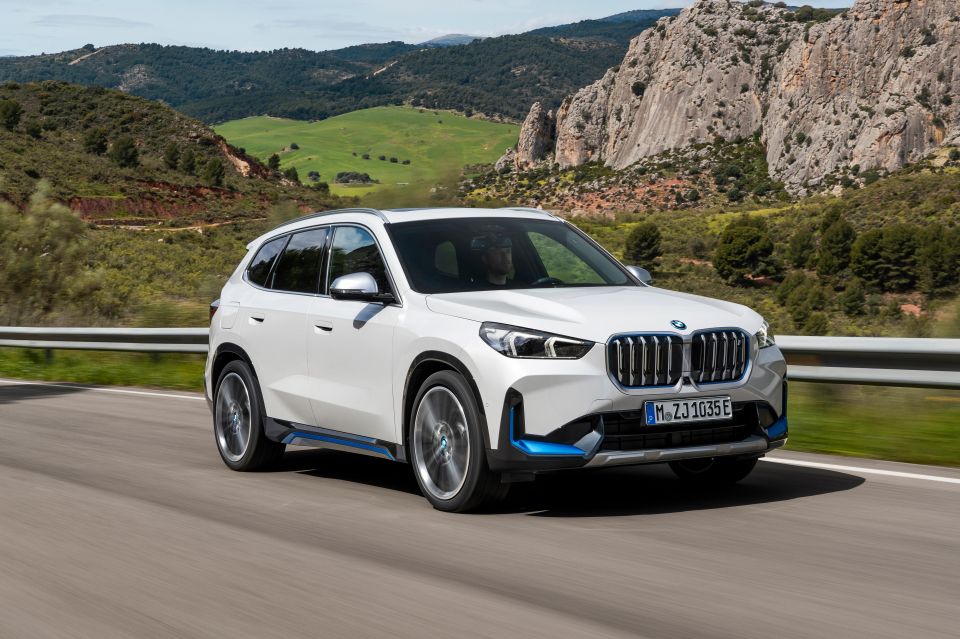
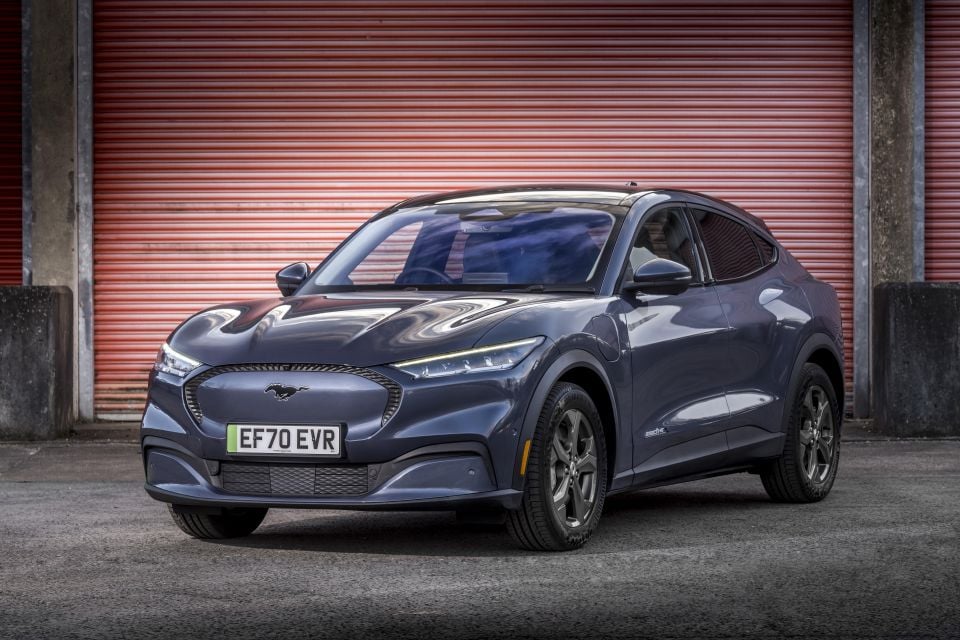
“Solid Power is encouraged by taking this next step on its automotive qualification roadmap,” said CEO Doug Campbell.
“The installation of this EV cell pilot line will allow us to produce EV-scale cells suitable for initiating the formal automotive qualification process.
“Over the coming quarters, we will work to bring the EV cell pilot line up to its full operational capability and look forward to delivering EV-scale all-solid-state cells to our partners later this year.”
Solid Power isn’t the only company gearing up to produce solid-state batteries, with other suppliers and automakers getting in on the action as well.
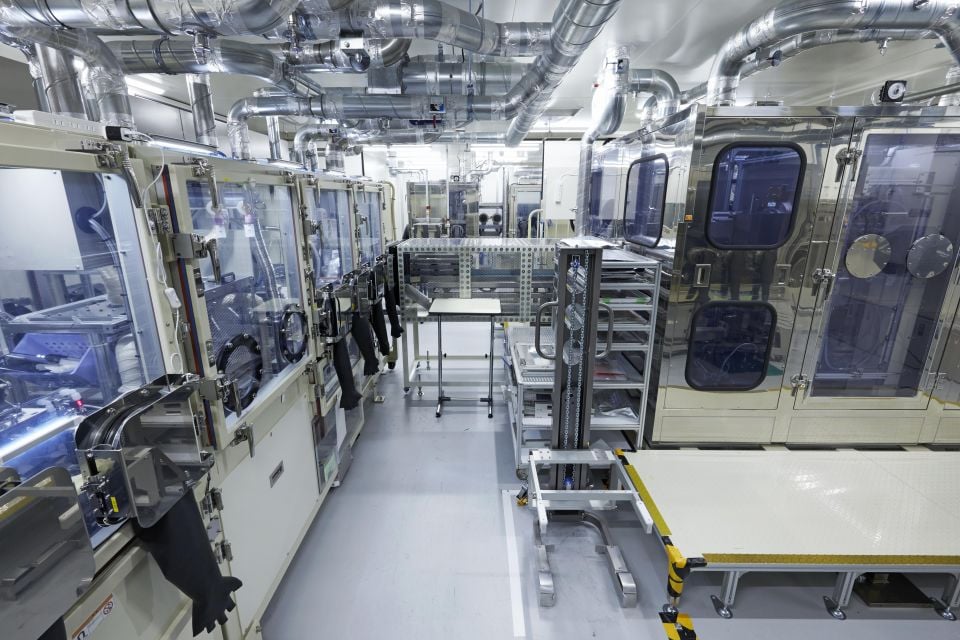
Nissan recently unveiled its prototype solid-state battery production facility at its Research Centre in Kanagawa Prefecture, Japan.
The Japanese automaker is leading solid-state battery development for its alliance partners – Renault and Nissan – and plans to launch an EV with its proprietary all-solid-state batteries (ASSBs) in fiscal year 2028.
Toyota also said that it has been testing solid-sate batteries since 2020 and plans to first introduce them in its hybrid vehicles, before rolling them out in upcoming EVs.
It says that a short service life is the primary concern with the solid-state batteries, and is therefore continuing its development of solid electrolyte materials. Colder-temperature performance is also an issue.
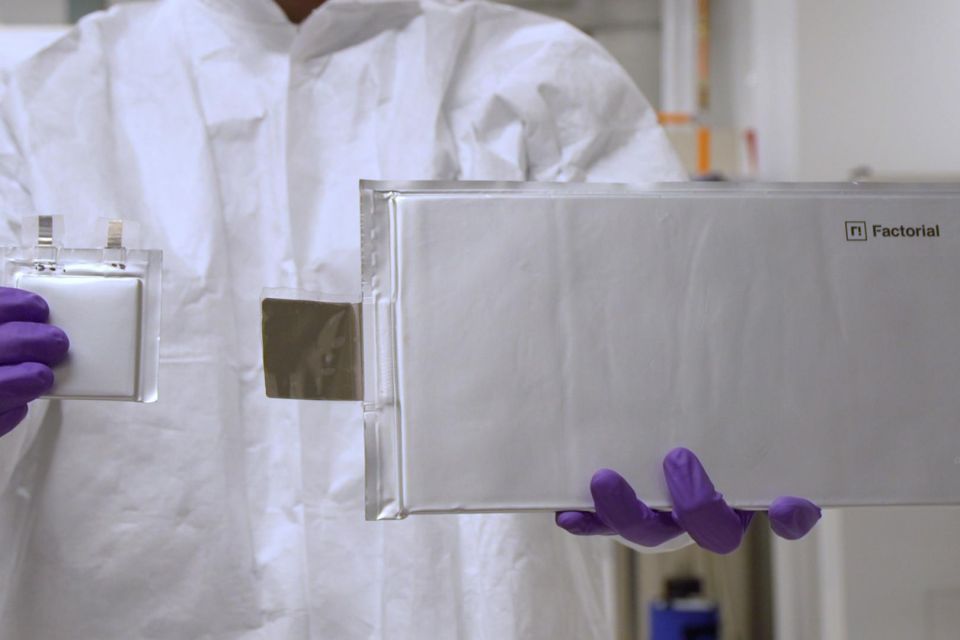
Stellantis and Mercedes-Benz announced in late 2021 they’ve jumped on the solid-state battery train and signed joint agreements with US-based Factorial Energy to develop solid-state batteries for their vehicles.
The companies aim to introduce their “first competitive solid-state battery technology” by 2026.
Hyundai and Kia have also partnered with Factorial Energy to test its solid-state batteries in their EVs.
In December 2020, Volkswagen-backed company QuantumScape announced it’ll have its solid-state batteries ready for production in 2024, while GM’s battery development centre in Warren, Michigan will develop solid-state batteries among other battery types, include silicon.
MORE: Solid-state batteries: What are they? MORE: Ford and BMW investing in solid-state battery tech MORE: Nissan solid-state battery plant could spawn longer-range electric ute
Jack Quick is an automotive journalist based in Melbourne. Jack studied journalism and photography at Deakin University in Burwood, and previously represented the university in dance nationally. In his spare time, he loves to pump Charli XCX and play a bit of Grand Theft Auto. He’s also the proud owner of a blue, manual 2020 Suzuki Jimny.


James Wong
3 Hours Ago
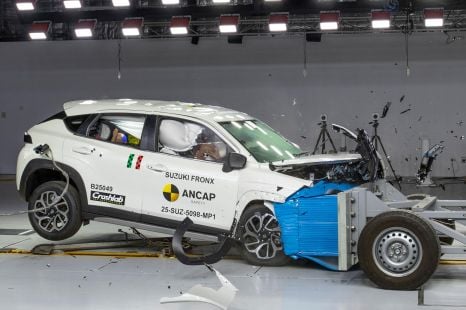

Damion Smy
12 Hours Ago
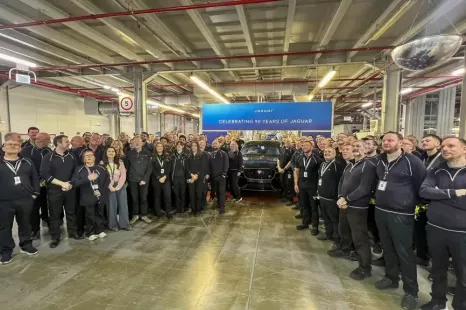

Damion Smy
15 Hours Ago
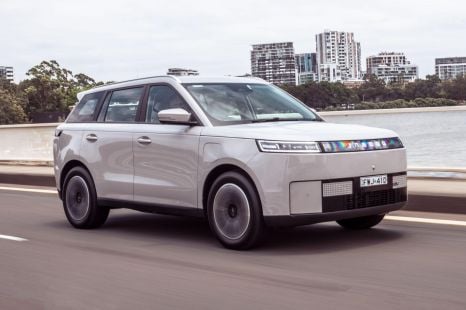

Josh Nevett
17 Hours Ago
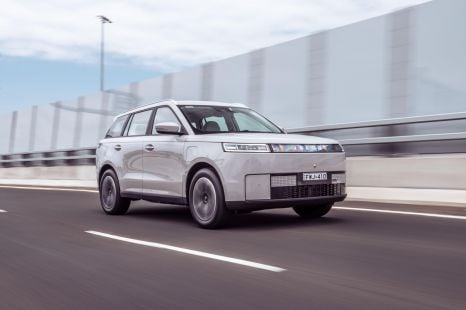

Josh Nevett
17 Hours Ago
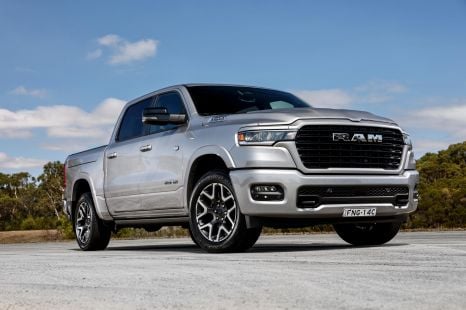

Damion Smy
18 Hours Ago